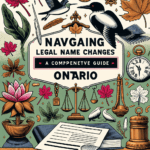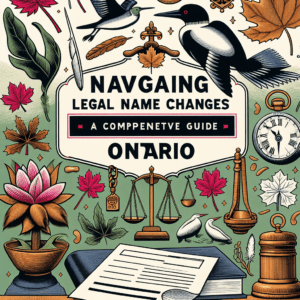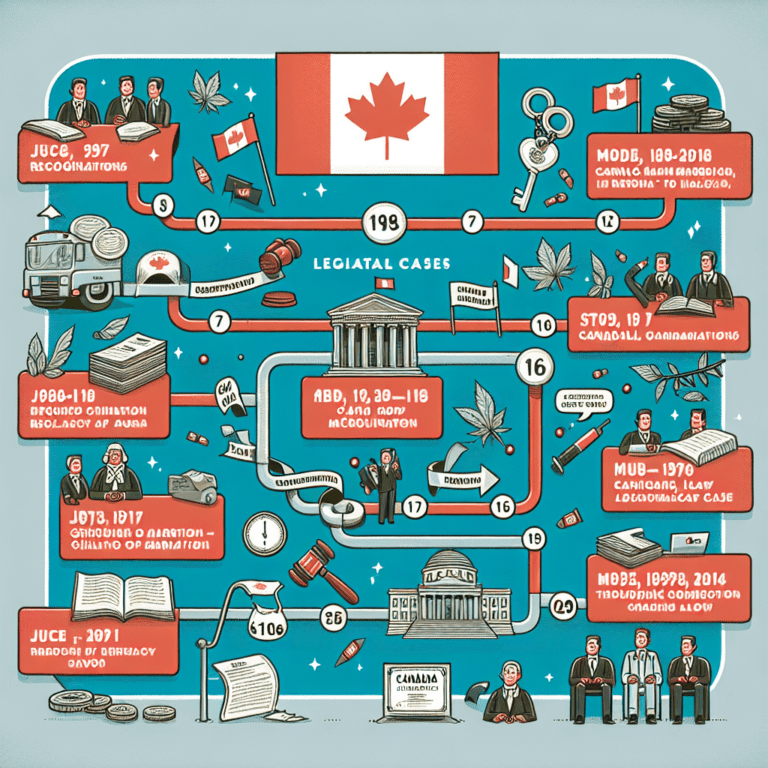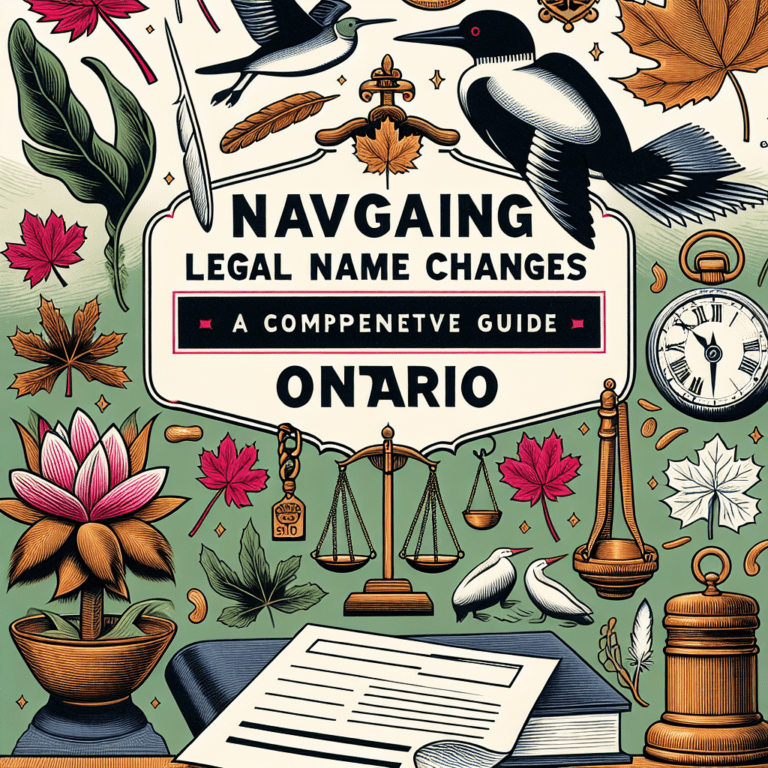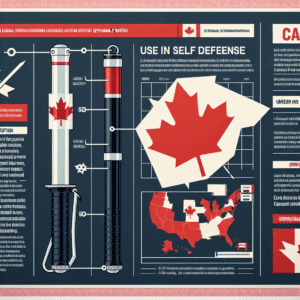===INTRO:===
Understanding legal wills is crucial for anyone who wants to ensure that their wishes are honored after their passing. Many people overlook this essential aspect of estate planning, often due to misconceptions or lack of knowledge. Without a valid will, your assets might not be distributed according to your desires, which can lead to family disputes, financial loss, and unnecessary stress for your loved ones. In this comprehensive guide, we will delve into the importance of legal wills in estate planning today and outline the key components that make a will valid, helping you navigate this critical area with confidence.
The Importance of Legal Wills in Estate Planning Today
In today’s complex society, the significance of legal wills cannot be overstated. As life becomes increasingly unpredictable, having a solid estate plan, including a legally binding will, provides peace of mind. It ensures that your assets, including property, bank accounts, and personal belongings, are distributed according to your wishes rather than state laws that may not reflect your intentions. This is especially vital in blended families, where the dynamics can be intricate and emotional.
Moreover, a legal will plays a crucial role in minimizing the time and costs associated with the probate process. Without a will, your estate may be subject to lengthy court proceedings, consuming valuable time and resources. This can strain your family emotionally and financially. By drafting a legal will, you not only streamline the distribution of your assets but also alleviate the burden on your survivors during an already difficult time.
Finally, a legal will allows you to appoint guardians for minor children, a matter that can be fraught with tension and uncertainty. By specifying your wishes regarding the care of your children, you can prevent potential conflicts among family members. Your will can serve as a crucial document that reflects your values and priorities, ensuring that the people and causes important to you are taken care of after you’re gone.
Key Components of a Valid Will: What You Need to Know
Understanding the critical elements that constitute a valid will is essential for anyone looking to secure their estate. First and foremost, testamentary capacity is a must; this means that the individual creating the will must be of sound mind and legal age (typically 18 years). It’s not enough to simply want a will; the law requires that you demonstrate the capacity to understand the implications of your decisions. If there are doubts about your mental competency at the time of drafting, the will may be challenged in court.
Another significant component is the requirement for the will to be written and signed in accordance with state laws. Most jurisdictions mandate that a will be in writing and signed by the testator (the person making the will) or by someone in their presence and at their direction. Additionally, having witnesses can bolster the will’s validity. Typically, at least two witnesses are required, and they should not be beneficiaries. This helps to prevent potential conflicts of interest and ensures that the will can stand the test of scrutiny.
Furthermore, clarity in the language used in the will is paramount. Ambiguous or vague terms can lead to misunderstandings and disputes among heirs. Each asset should be clearly identified, and the intentions regarding distribution must be explicitly stated. Moreover, if you wish to make any specific bequests or appoint a personal representative (executor), these details should be included to ensure your wishes are unmistakably clear. By addressing these components, you create a solid foundation for a valid will that honors your intentions and protects your loved ones.
===OUTRO:===
Navigating the realm of legal wills can seem daunting, but understanding their importance and the key components involved can empower you to take charge of your estate planning. By ensuring that your will is valid and comprehensive, you protect your legacy and provide clarity for your loved ones during challenging times. Don’t leave your wishes to chance; take the time to draft a legal will that reflects your desires and secures your family’s future. If you’re unsure about the process or need assistance, consider consulting an estate planning attorney. Taking this proactive step today can save your family from unnecessary stress and heartache tomorrow.
Understanding Legal Self-Defense Weapons in CanadaUnderstanding Legal Paper Size: Dimensions and Uses ExplainedNavigating Legal Name Changes in Ontario: A Comprehensive GuideRelevant LinkRelevant LinkRelevant Link


